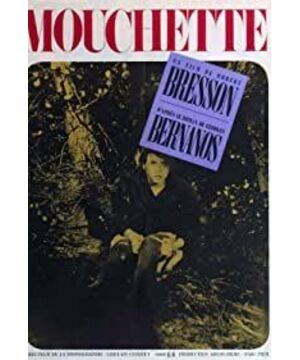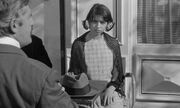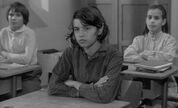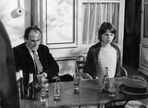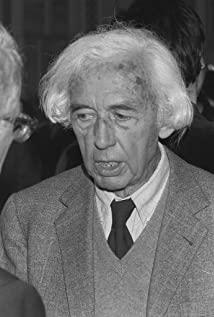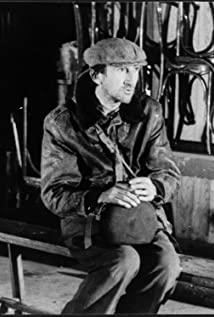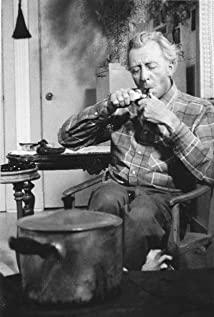Before watching the film, I have read Hou Hsiao-hsien's evaluation, saying that this is his favorite Bresson film, that Bresson's films are all about social structures, and that this film is about Muchet's family, school, and family. , social position. Hou Hsiao-hsien's films focus on the human state, while Bresson focuses on the social structure and the function of people or things in society, but in this film, Bresson also expresses the human state very well.
At the beginning of the film, Mushaet's mother said, "What will you do after I leave?", which has established the gloomy tone of the film; and the secret contest between the forest ranger and the poacher laid the groundwork for the events that led to the ending of the film. At school, Mushaette was obviously different from her classmates. She was ragged and alone. She was not liked by the teacher. She was even insulted by the teacher in public, which made her feel hatred for her classmates. They throw mud; at home, a seriously ill mother, a violent father, and an infant brother make people feel hopeless about life. It is no wonder that the mother's worry about the future is shown at the beginning of the film; Went to the bar to wash the cups and handed the wages to her father, who would beat and scold her at every turn, even in public places. But she has a desire for love and beauty, and hopes to be happy, which can be seen from the section on playing bumper cars.
Then came the rainy night that changed her fate. She ran into the woods, got soaked in heavy rain, and hid until dark until she was discovered by poachers. Maybe as she said, lost, or maybe she really doesn't want to go home. The poacher and the forest ranger have a contest at the beginning of the film. Later, because of the pursuit of the barmaid, the conflict between the two intensified. The forest ranger said that he would kill the poacher. On that rainy night, when the poachers buried the clip, the forest ranger found out that the clip was not confiscated. The two fought and later reconciled. Afterwards, the poachers found Mushayt and figured that if the forest ranger fell into his trap and died, she could make her an alibi, so he lied that a typhoon was coming and took her into a house. The poacher said the gunshots he heard earlier in the forest were a distress call from the ranger after he fell into his trap, and she became a threat to him knowing his secret and eventually took her body. She came home and her mother died.
The next day, everyone knew what happened at night. Her father quipped that she was no longer a good girl. While expressing concern for her, the store owner said she was inappropriate; the old grandmother gave her a lecture after giving her coffin cloth and clothes; the presence of the forest ranger surprised her, and she was indignant when his wife said her indiscretion She refused to testify on the grounds that she was "a woman protecting poachers". She ran into the woods and saw several people hunting rabbits. The rabbits dashed from side to side, but finally failed to break through. The only mother who loved her had died, and she was surrounded by hostile eyes, like a rabbit. So, she chose to roll into the water and commit suicide.
The actor is still expressionless, but the dramatic tension is strong. As Bresson wanted, the actor's performance did not interfere with his expression. It's a dirge of a teenage girl desperate for life, and it reminds me of "Rosetta".
View more about Mouchette reviews


